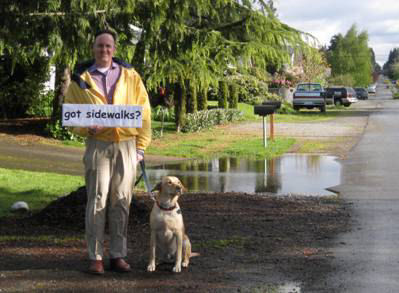- Processing receipts for reimbursement- I have an Excel spreadsheet to track all my school expenditures, but I like to double check.
- Reading 65 current event summaries- We had an in class reading/summary current event on the coming end of NASA's shuttle program. Now I need to read, comment, score, and enter into the online gradebook.
- Find a few more resources for some of the CBA topics- some kiddos are coming up empty on the research front, and not because they aren't trying.
- Re-map out this week- I typically map out my weeks a week or more in advance. In this case I need to re-evaluate where we are in our CBA, and what needs to happen in order to be sure we are successful.
- Re-map out next week- Stuff gets pushed around, so I need to see where some of the assessment work needs to be placed in order to make sure it ends up in the gradebook (and on the report card). Assessments include the district writing prompt for Spring, and our Spring Reading Assessment.
- Make a first pass at report card comments- I've got 16 days until report card comments and grades are due... knowing I have writing and reading assessments to score/comment, and CBAs to read/score/comment, I better get cracking.
Not too much. Just enough to keep me busy, right?

